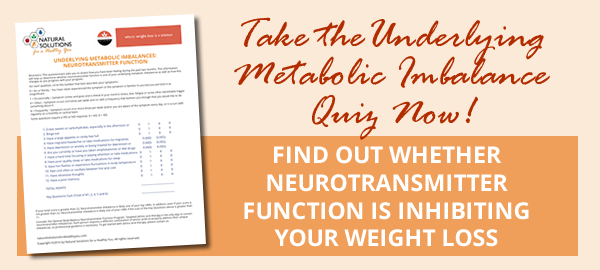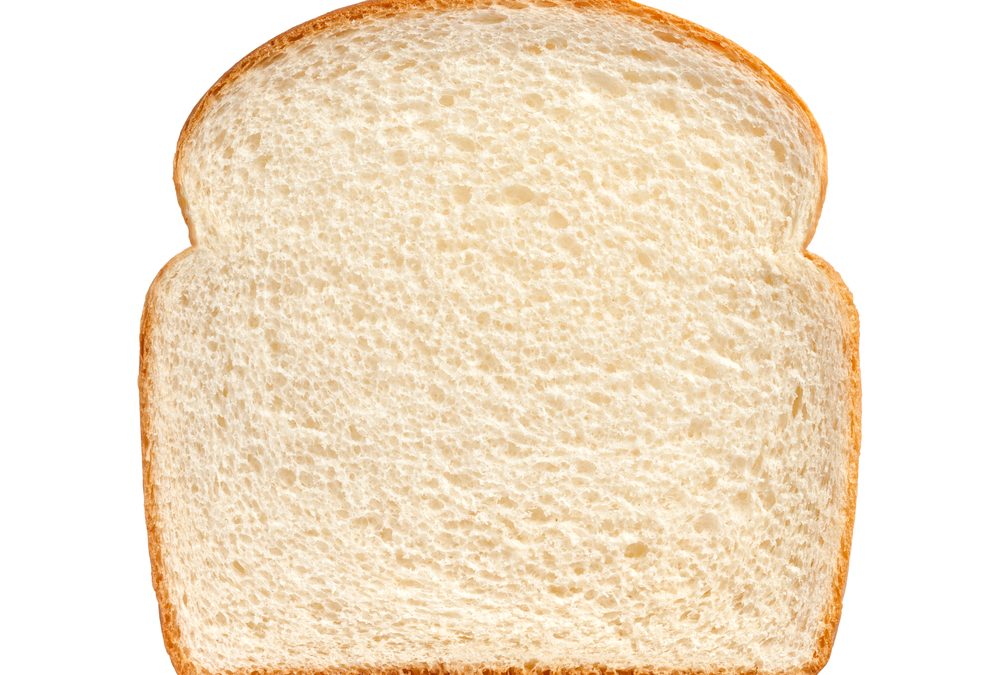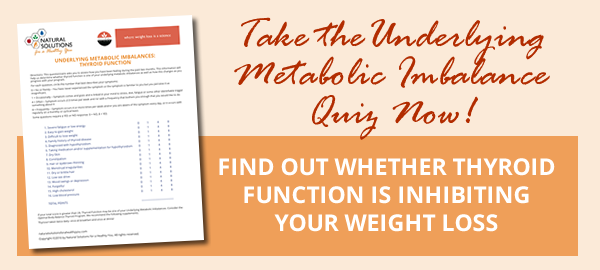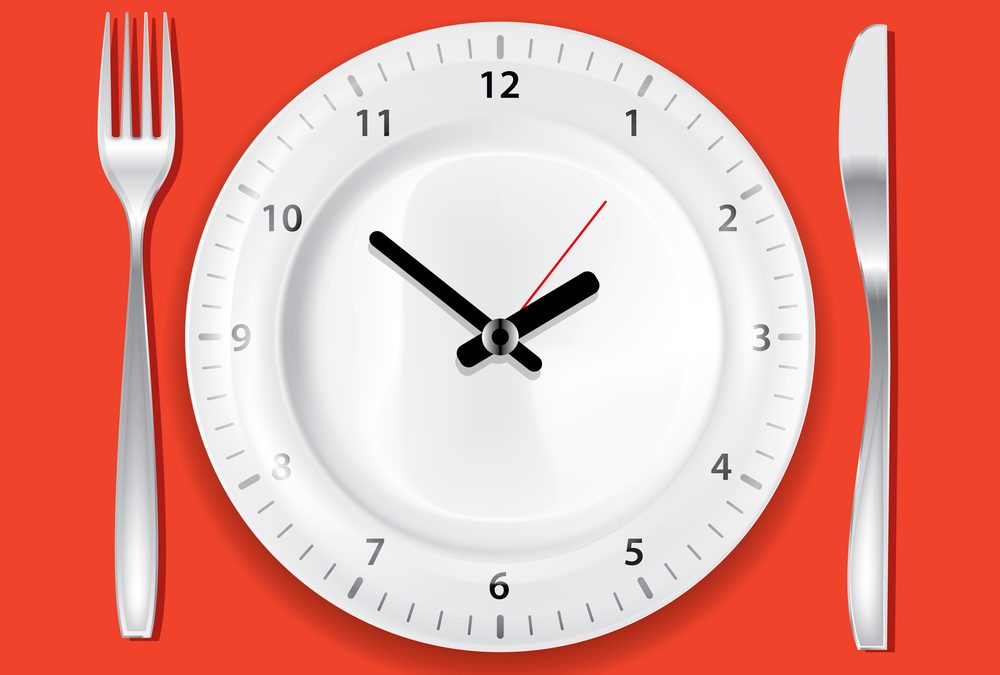
by Dr. Oler, ND | Sep 22, 2016 | Hormone Imbalance, Hormone Imbalances, Menopause, Perimenopause, Underlying Metabolic Imbalances, Women's Health
The most important groups of hormones for women are estrogens (especially ß‐estradiol) and progesterone. In a healthy female body they balance each other so phases of the menstrual cycle occur regularly. When one is going down, the other is going up. Their synchronized cycle repeats about every month (25 to 35 days). When the balance between estrogen and progesterone is lost, your body may act in unpredictable ways.
(more…)

by Dr. Oler, ND | Aug 15, 2016 | Amino Acid Therapy, Health Partner News, Neurotransmitter, Neurotransmitter Function, Neurotransmitter Imbalances, Underlying Metabolic Imbalances, Weight Loss
Neurotransmitters are a class of chemical messengers in the body that help regulate many body functions. Most people have heard of several common neurotransmitters, including serotonin, dopamine, norepinephrine and epinephrine (also known as adrenaline) and are familiar with some of their functions in regards to mood and sleep. What many people do not know is that your neurotransmitter balance may dramatically affect your ability to lose and maintain your weight. Read more…


by Dr. Oler, ND | Aug 2, 2016 | insulin resistance, Natural Weight Loss, Nutrition, Underlying Metabolic Imbalances, Weight Loss
Did you know, one teaspoon of sugar has the ability to suppress immune function for 5 hours? There are 10‐12 teaspoons of sugar in the average cola.
The fact that most people’s diets are extremely deficient in many nutrients due to the consumption of refined, fatty foods and the exclusion of fruits, vegetables and whole grains means that this information is mind blowing to most people. (more…)

by Dr. Oler, ND | Jul 20, 2016 | Amino Acid Therapy, Areas of Weight Loss Resistance, Health Partner News, Neurotransmitter Imbalances, Underlying Metabolic Imbalances, Weight Loss
Neurotransmitters are a class of chemical messengers in the body that help regulate many body functions. Most people have heard of several common neurotransmitters, including serotonin, dopamine, norepinephrine and epinephrine (also known as adrenaline) and are familiar with some of their functions in regards to mood and sleep. What many people do not know is that your neurotransmitter balance may dramatically affect your ability to lose and maintain your weight. Read more…


by Dr. Oler, ND | Jun 29, 2016 | Natural Weight Loss, Thyroid, Uncategorized, Underlying Metabolic Imbalances, Weight Loss
The thyroid gland as a metabolic powerhouse directly regulates your metabolism and has a huge impact on your ability to lose weight. Decreased thyroid function makes gaining weight easy and losing weight nearly impossible. When the thyroid gland “engine” has trouble running, every process in the body suffers. The concomitant reduction in metabolic rate is a tremendous factor in weight‐loss.
Certain foods contain goitrogens and should be avoided if you have an underactive thyroid. Goitrogens are substances that disrupt the production of thyroid hormones by interfering with iodine uptake in the thyroid gland.
Foods to Avoid for Underactive Thyroid
White Bread
White bread does not contain significant nutritional value and for some people can contribute to difficulties with insulin resistance and hormonal problems.
Caffeine
Examples include, but are not limited to, coffee, soft drinks, hot cocoa, chocolate and some herbal teas. All of these delicious comfort foods and drinks will depress proper thyroid function and make your underactive thyroid symptoms worse.
Broccoli
Don’t eat this raw or cooked. Broccoli is considered a goitrogenic food, which means that consuming broccoli can increase the likelihood that you’ll develop a goiter somewhere on your body. This would be due to decreased thyroid hormone production.
Other goitrogenic foods: cabbage, rutabagas, coleslaw, sauerkraut, soybeans, kale, white turnips, horseradish, walnuts, peaches.
Peanuts
Yes, they are salty, crunchy and delicious, but they aren’t the best snack choice for someone with an underactive thyroid as they interfere with the production of thyroid hormones.
Fluoride
This is found in toothpaste and drinking water that comes from the tap. Fluoride essentially blocks iodine receptors in the thyroid gland which causes reduced iodine‐containing hormone production.
Chlorine
Not only for pools, it is found in pretty much everyone’s drinking water that comes directly from the tap. Like fluoride, chlorine also blocks iodine receptors in the thyroid gland, causing reduced iodine‐containing hormone production. So drink plenty of distilled or purified water.
Soy
Soybeans are off limits, as they have an anti‐nutrient that contains a chemical which reacts with iodine. Since iodine is critical to make the thyroid hormone, this food should be avoided if you have an underactive thyroid. Soy milk, soy flour, and tofu are also foods to add to the do not eat list.
Garlic
It may keep vampires away and it’s great in spaghetti sauce, however, garlic also reduces iodine uptake in the body.
White Flour
In the same family as white breads, this is a food that can, for some people, contribute to difficulties with insulin resistance and hormonal problems. White flour is a refined and over‐processed food and has little, if any, nutritional value at all.
Eliminating these foods from your diet and you’ll begin the path to returning your thyroid function to normal and begin to make weight loss an easier thing to do.


by Dr. Oler, ND | Jun 29, 2016 | Areas of Weight Loss Resistance, Cleansing, Health Partner News, Underlying Metabolic Imbalances, Weight Loss
Losing weight can be difficult for a variety of reasons. One of the most important is that weight gain and the inability to lose weight are often not a calorie problem or an exercise problem (although these two bases must certainly be covered for any chance at long-term weight loss) – weight gain and the inability to lose weight are often a metabolism problem. Read more…









